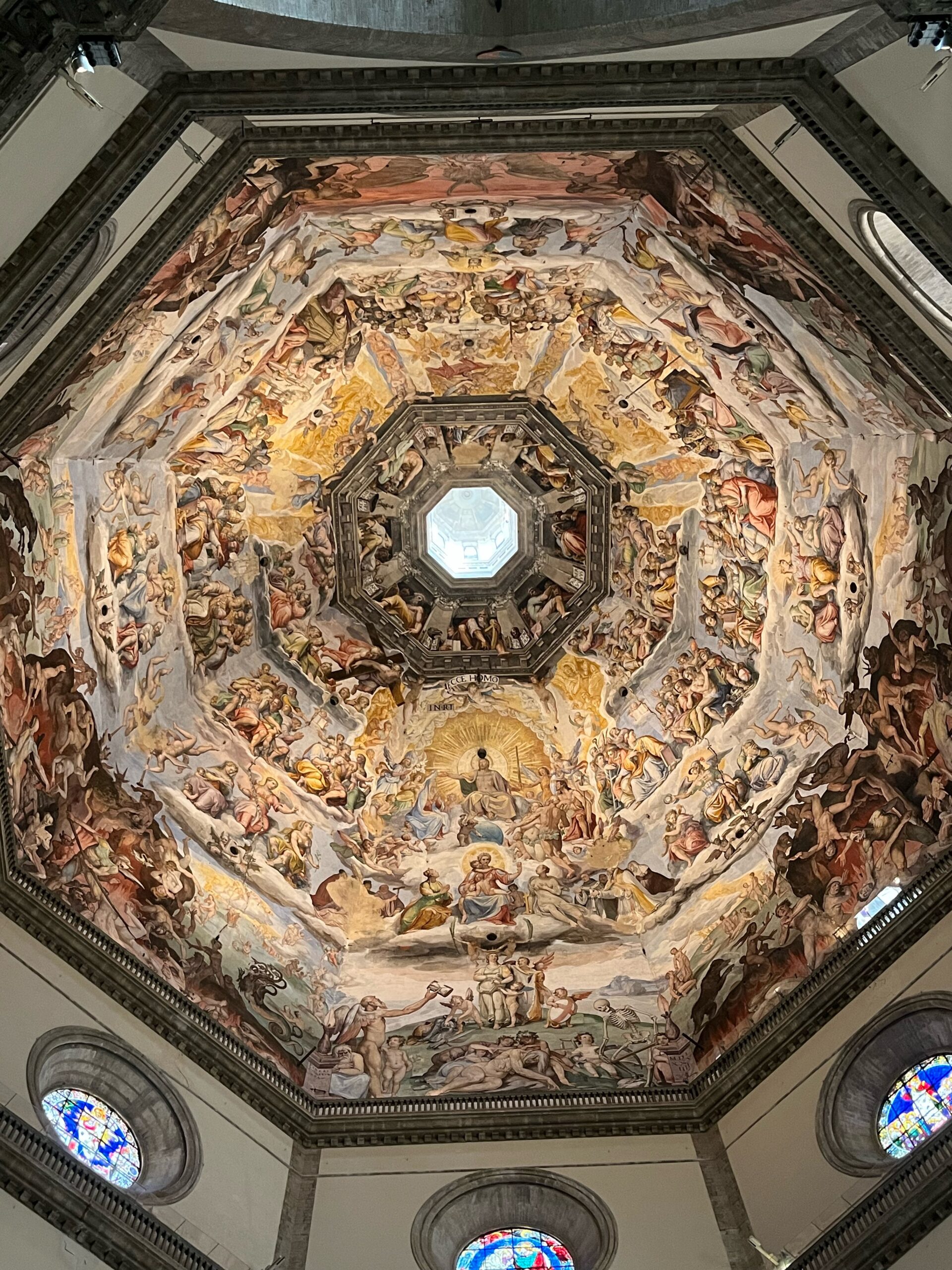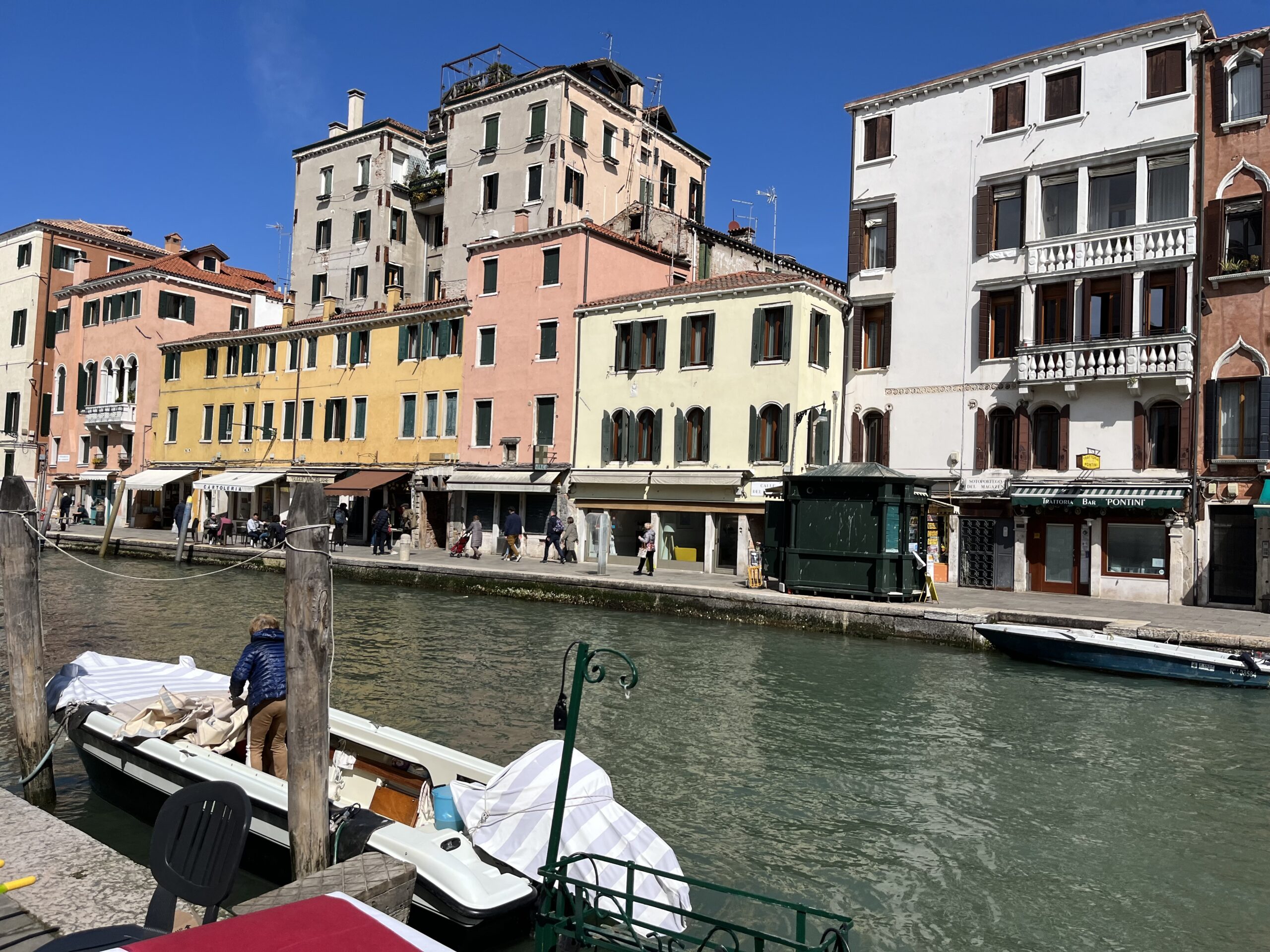Week 2 – Mistakes and Victories
I was curious about how many mistakes I was making in my Duolingo lessons, and more specifically where I was making them.
I took the liberty of being honest and screenshotting every mistake that I made over a few lessons so I could further look into them and get a better understanding of my mistakes. I also took some pictures of my victories so I could feel mildly better about myself and not insanely bad about seeing how many mistakes I make.

To break it down in my own terms, bisogno is the word “need”, but what I forgot is that you can’t just say bisogno without putting ha or ho in front of it. In this case, ha means “to have need”, or more specifically “you have”. Di in this sentence means “of”, so what the sentence is actually saying is, “Ms. Smith, do you have need of a chair?”
My mistake was that I forgot how informal our language is, or rather has become, casual. While Italian seems to be informal when you speak it, directly translated it’s formal in English.

Deve and scrivere are two (now only reasonably) new words to me. Deve means “you (singular) have to”, or “you (singular) must”. Deve is another way of saying dovere which within itself has so many different meanings based on its context within a sentence.
Scrivere has the meaning for “to write” but in the future tense, closer to “____ will write”. It can be conjugated for different groups of people (you will write, I will write, you all will write, they will write, we will write, she/he will write), but in the basic sense, scrivere works.
In case you are wondering about the different ways to say “____ will write”, I’ve made a short list of all of the conjugations for scrivere.
- Io scriverò “I will write”
- Tu scriverai “You will write“
- Lui/lei scriverà “He/she will write“
- Noi scriveremo “We will write“
- Voi scriverete “You all will write”
- Loro scriveranno “They will write“


